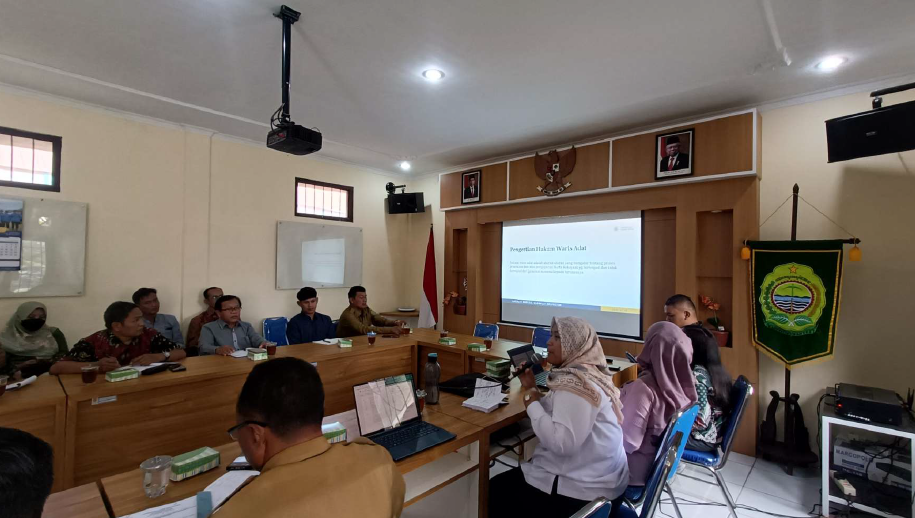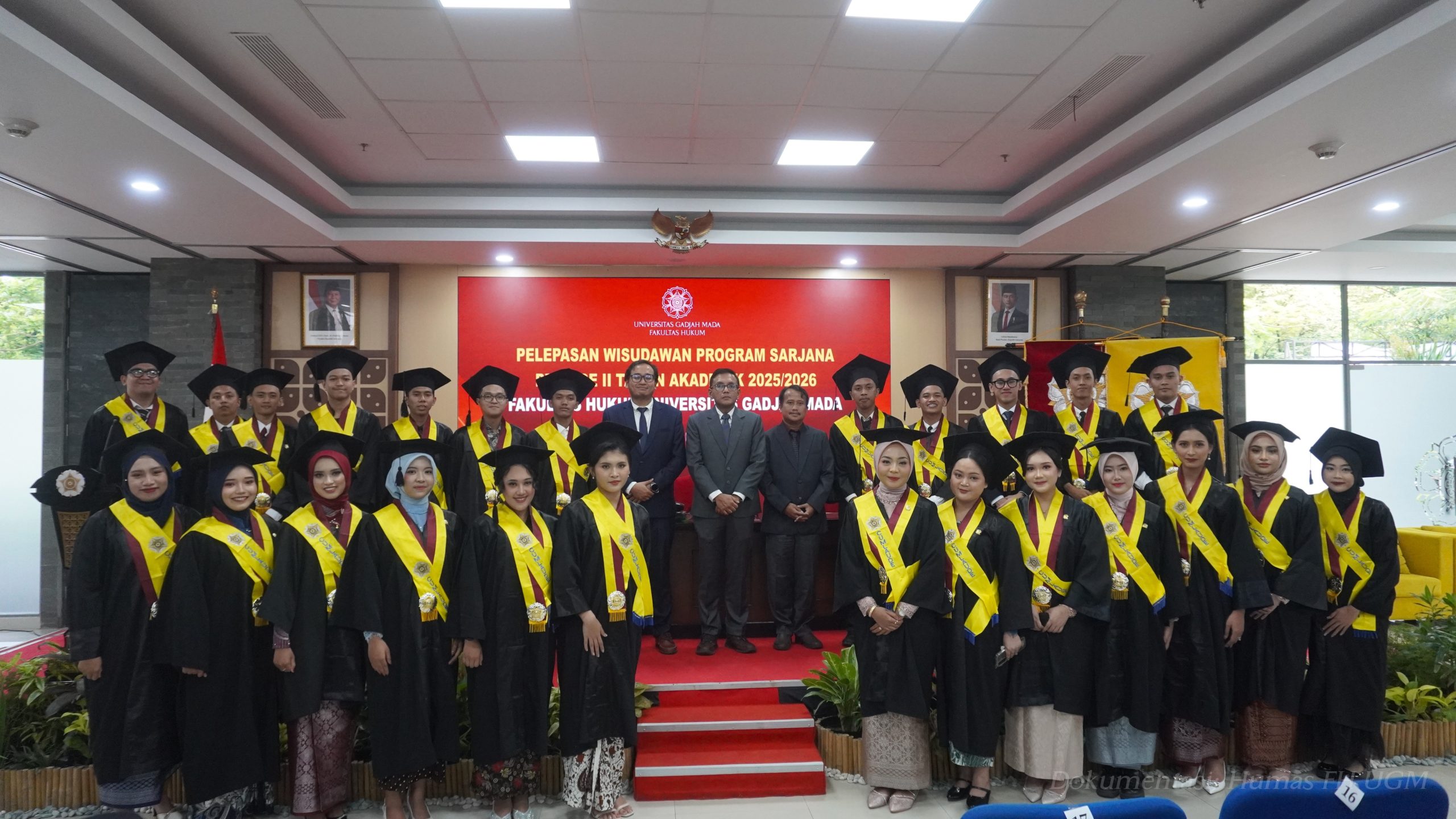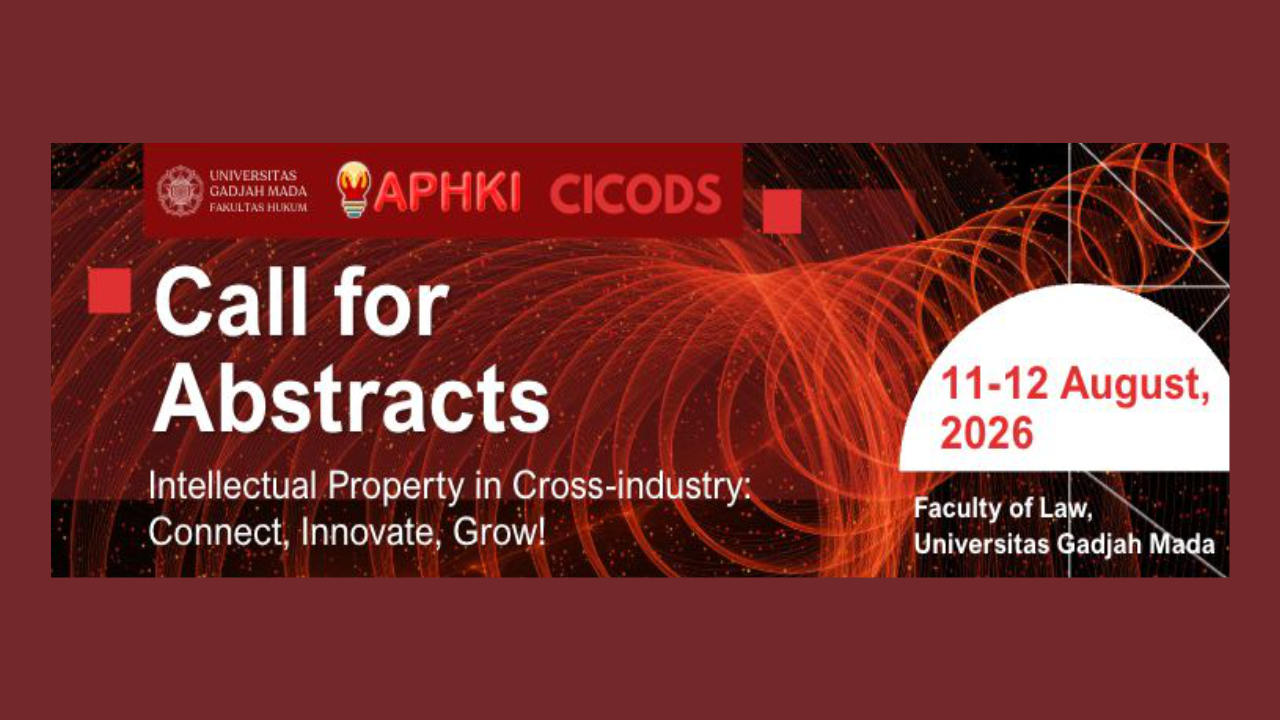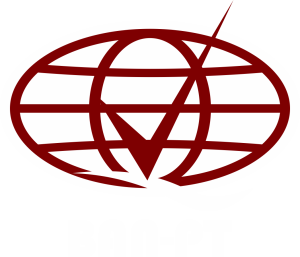Lecturers of the Faculty of Law UGM conducted legal counseling to the Government of Canden Village on Monday (26/08/2024) at the Canden Village Office, Bantul Regency. In the agenda, Dr. Dian Agung Wicaksono, S.H., LL.M., Almonika Cindy Fatika Sari, S.H., M.A. and Ananda Prima Yurista, S.H., M.H. gave a presentation with the title of the activity "Capacity Building of the Canden Village Government in the Utilization of Village Land". The presentation was aimed at the Canden Village apparatus in three topics of discussion, namely regarding Governor's Regulation Number 24 of 2024 concerning the Utilization of Village Land, Customary Inheritance Law, and the Management of Inheritance Certificates.
This counseling activity is not only aimed at the series of Lecturer Legal Counseling Grants, but is actually also a continuation of the collaboration between the Faculty of Law UGM and the Village Government on the Development of Partner Villages. Beja, S.H., M.H.Li. as the Canden Village Head positively welcomed the good faith of the lecturers who intended to provide explanations according to the needs of the Canden Village.
Legal counseling was carried out in three sessions. The presentation began with an explanation by Almonika Cindy Fatika Sari, S.H., M.A. regarding customary inheritance law. Almonika explained that there is legal pluralism in the context of inheritance in Indonesia, namely inheritance according to state law, Islamic law, and customary law. In addition, the principles of customary law regarding inheritance are also explained, for example, inheritance can occur while the heir is still alive, if the heir does not have time to have his property while he is still alive, then the inheritance is divided after the heir dies. Another principle in customary inheritance is for example that an adopted child has the right to inherit the property of his adoptive parents.
Furthermore, Ananda Prima Yurista, S.H., M.H. explained that in the transfer of inheritance rights, several requirements are needed that need to be met, starting from the application form (filled out, signed by the Applicant/proxy, and given a stamp); Power of attorney when authorized; Photocopy of the identity of the applicant/heirs (KTP and KK); Original Certificate; as well as several other requirements. Furthermore, it was also explained the stages of managing the inheritance certificate starting from making an inheritance certificate to the Village Office, visiting the Notary Office/PPAT to take care of the inheritance to BPN, as well as other mechanisms needed.
Finally, Dr. Dian Agung Wicaksono, S.H., LL.M explained an overview of land use regulations in Governor's Regulation Number 24 of 2024 concerning Village Land Utilization. In addition, an analysis of land cases in Canden Village was also explained, for example, cases related to Complete Systematic Land Registration (PTSL) and cases of heirs who cannot be found in inheritance management. In the case of heirs, it is explained that there is a mechanism for determining heirs that can be pursued through the court by other heirs, while the Village Government can form a form that states that the Village Government becomes a mediator in the event that one day the heirs who are not found to be in question need to be settled by a family mechanism.
The presentations by the three speakers are generally in line with two Sustainable Development Goals (SDGs) points, namely: (i) life on land and (ii) peace, justice, and strong institution. The life on land point can be achieved because the use of village land in accordance with laws and regulations will protect, restore, and support the sustainable use of terrestrial ecosystems and inhibit soil degradation. On the other hand, the point of peace, justice, and strong institution can be achieved because increasing the capacity of the Village Government will support the creation of effective, accountable, and inclusive institutions for sustainable development. In addition, the explanation of inheritance is aimed at meeting empirical needs in society related to justice, for example the need to understand legal pluralism related to inheritance. Furthermore, the presentation of the transfer of inheritance rights, including the management of inheritance certificates, is very important in achieving justice in the family environment.
Author: Dian Agung Wicaksono
Editor: PR








